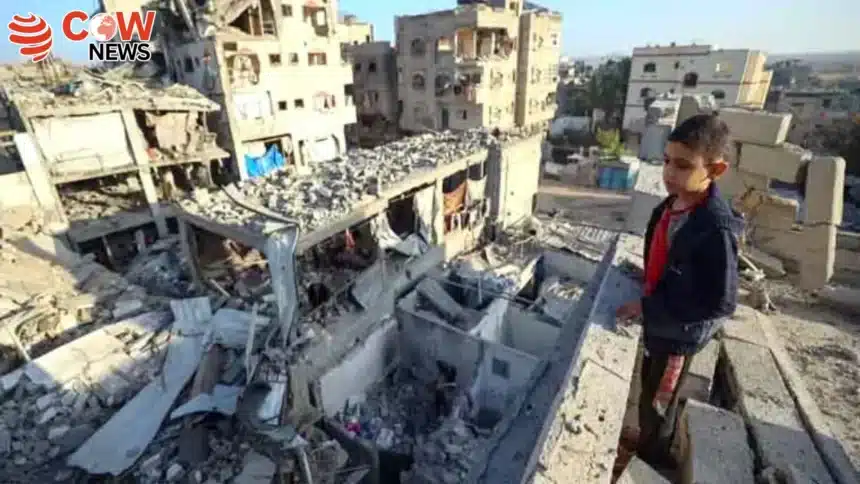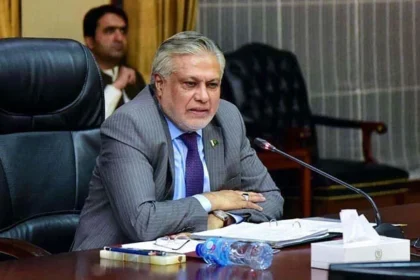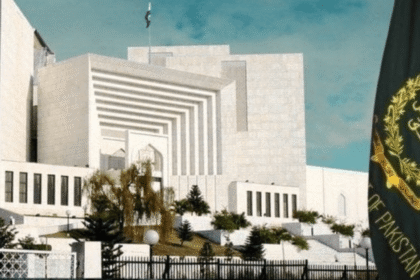Cairo( The COW News Digital) In a significant political breakthrough, Hamas and several other Palestinian factions have agreed to hand over the administration of Gaza to a technocratic committee, marking a key step toward restoring national unity and governance coordination among Palestinian groups.
The announcement came following high-level reconciliation talks in Cairo, hosted under Egyptian mediation. In a joint statement, Hamas officials described the meeting as part of an ongoing “national dialogue” aimed at achieving Palestinian unity and rebuilding Gaza’s governance framework after months of conflict and humanitarian crisis.
“The discussions were comprehensive and sincere, paving the way for a unified national approach,” Hamas said. “The technocratic committee will oversee Gaza’s administration, reconstruction, and humanitarian coordination in consultation with all major factions.”
The move comes amid continued Israeli restrictions on humanitarian aid into Gaza, where conditions remain dire despite a ceasefire that took effect two weeks ago. According to humanitarian organizations, including the World Health Organization (WHO) and 40 other aid groups, Israel has deliberately obstructed aid deliveries, leaving thousands of civilians without food, water, and medical assistance.
The Rafah border crossing, Gaza’s main humanitarian lifeline with Egypt, remains closed, trapping thousands of Palestinians in urgent need of medical evacuation. Aid convoys have struggled to reach affected areas, prompting growing international condemnation of Israel’s blockade measures.
Turkish President Recep Tayyip Erdoğan also weighed in, calling on the United States and other global powers to pressure Israel to fully respect the ceasefire terms. “Hamas has upheld the ceasefire agreement, but Israel continues to violate it,” Erdoğan said. “The international community must compel Israel to honor its commitments.”
The decision to establish a technocratic administration is being seen as a confidence-building measure between rival Palestinian groups, including Fatah, Islamic Jihad, and smaller political movements, which have long been divided over governance in Gaza and the West Bank.
Analysts view the Cairo meeting as a potential turning point in Palestinian politics, potentially leading to broader reconciliation and eventual elections under a unified administrative structure. However, the success of the new arrangement will depend on sustained international support and Israel’s cooperation in allowing humanitarian access.
As Gaza’s people continue to endure severe shortages of food, medicine, and clean water, regional leaders are urging immediate global action to ensure aid flows resume without political obstruction.








